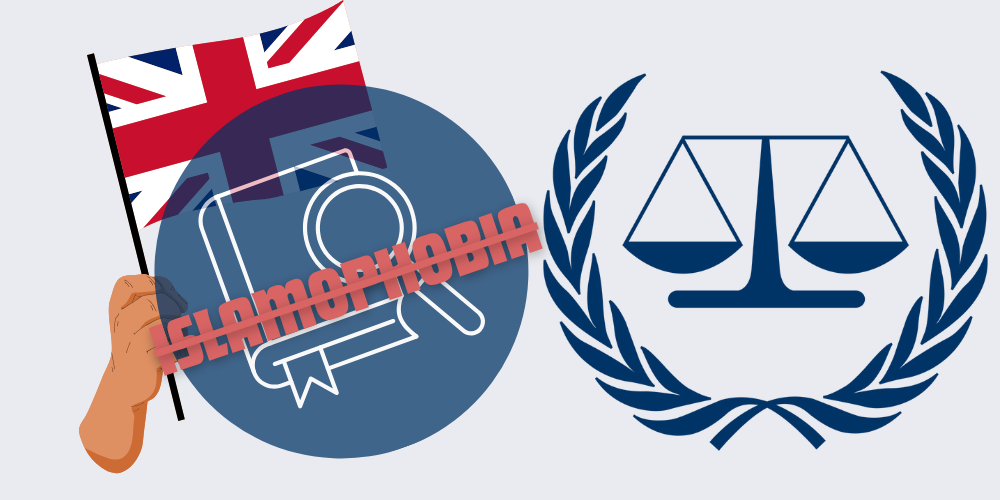We’re Back
This week, we examine two stories at the intersection of free expression, human rights, and accountability. In the UK, the government’s revived push to define “Islamophobia” threatens to conflate legitimate criticism of Islam with bigotry against Muslims—an alarming precedent for free speech. Meanwhile, the International Criminal Court has issued arrest warrants for Taliban leaders over their persecution of Afghan women, though the move is unlikely to bring justice. Below, we unpack both developments and what they signal for the future.
Unbelief Brief

The UK government’s intention to draft a definition of “Islamophobia,” first announced in February, is again receiving attention. The Daily Mail published an article detailing the objections of the Policy Exchange think tank. Their concerns are valid: as they point out, racially and religiously motivated hate crimes are already illegal in Britain. We would add that any definition which takes the term “Islamophobia” seriously is severely flawed. A government giving credence to the idea that criticism of Islam is inherently hateful towards Muslims would be a disaster for free expression.
While we wait for further developments, a 2018 attempt to define Islamophobia covered “expressions of Muslimness or perceived Muslimness.” Under this definition, pointing out that head coverings are a tool of misogynistic repression would qualify as “Islamophobic.”
Our hope is that the UK abandons this ill-advised venture entirely, or that its focus is redefined to target “anti-Muslim bigotry”, a term that better encompasses harassment and threats of violence against Muslims while still allowing room for debate on Islam.
In another development, the International Criminal Court (ICC) has “issued arrest warrants for two Taliban leaders,” according to reporting from Reuters. The ICC accuses the Taliban leaders of criminally persecuting women. They are correct, and the entire Taliban leadership indeed deserves to be arrested and stripped of power—but they won’t be. We are entering an era where international law is almost entirely symbolic, and in any case, the world’s military superpowers have never recognized the jurisdiction of the ICC. There is no enforcement mechanism, and the Taliban will unfortunately continue to make life for Afghan women a nightmare.
Until next week,
The Team at Ex-Muslims of North America
P.S. We’d love to hear from you! Share your feedback at [email protected].


